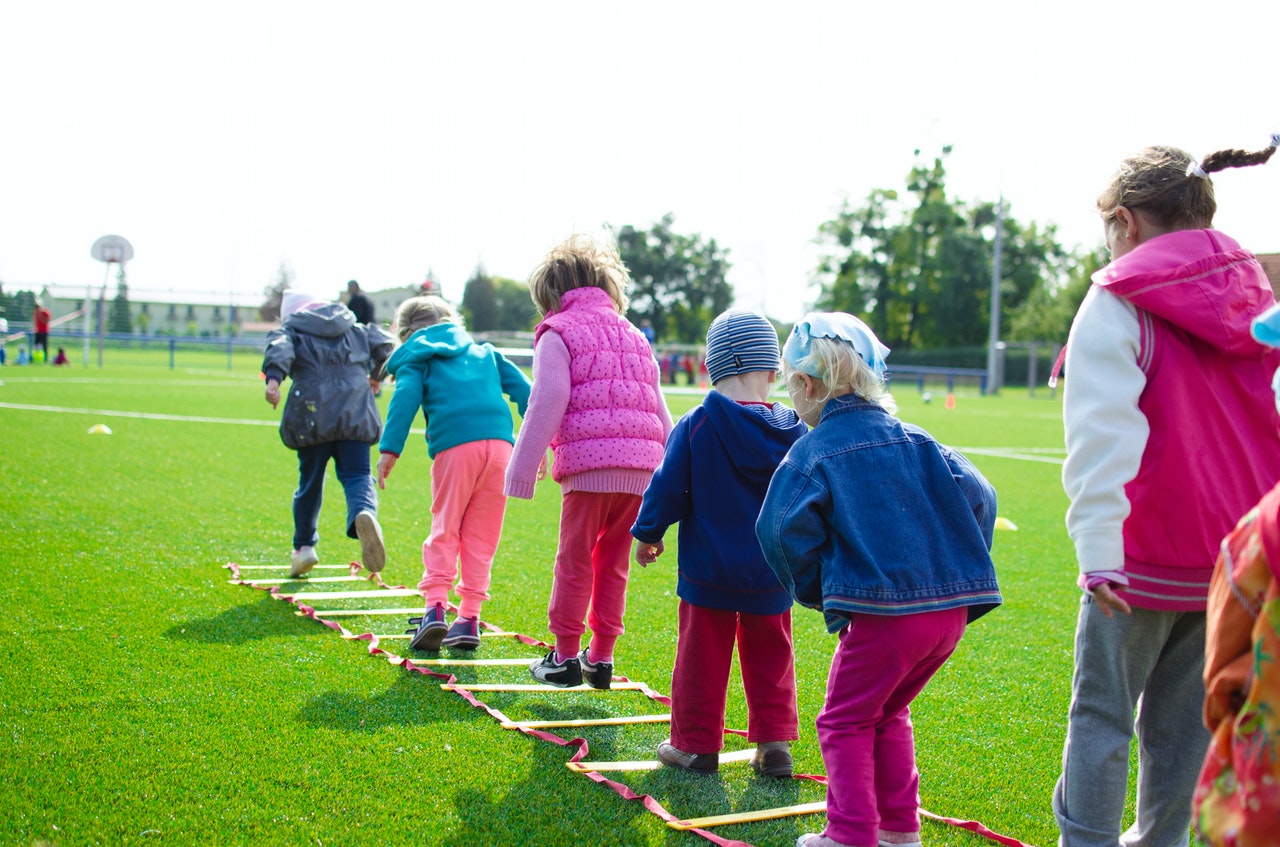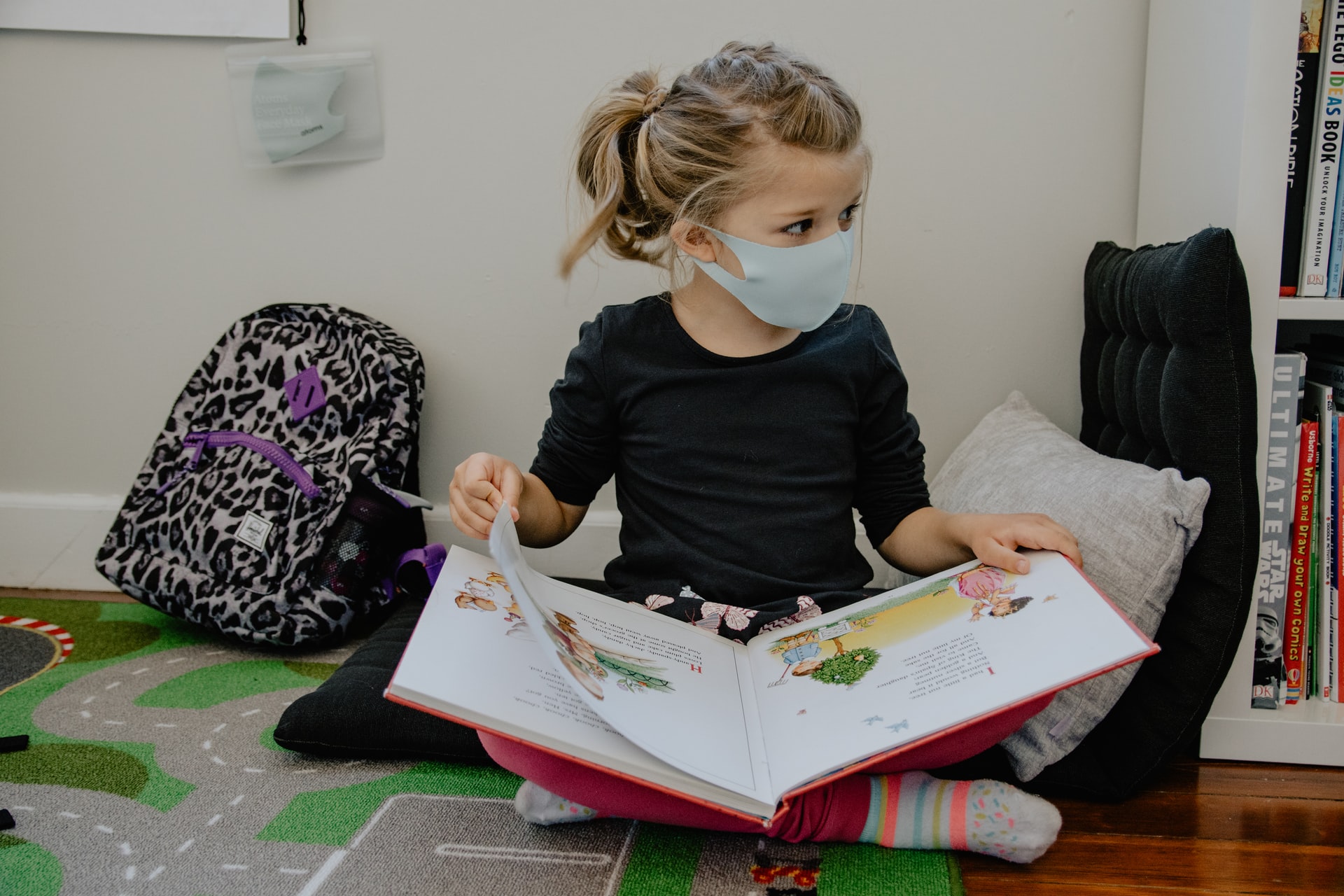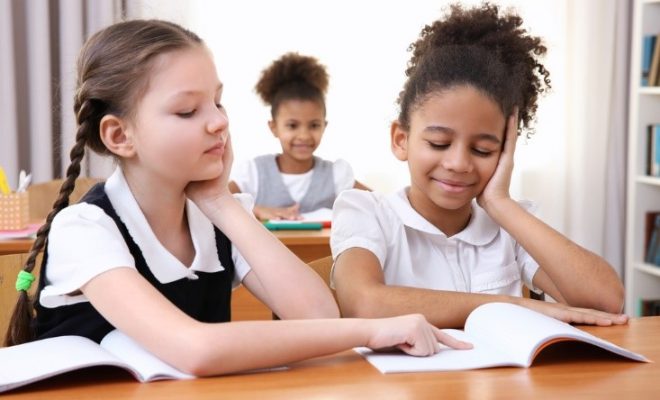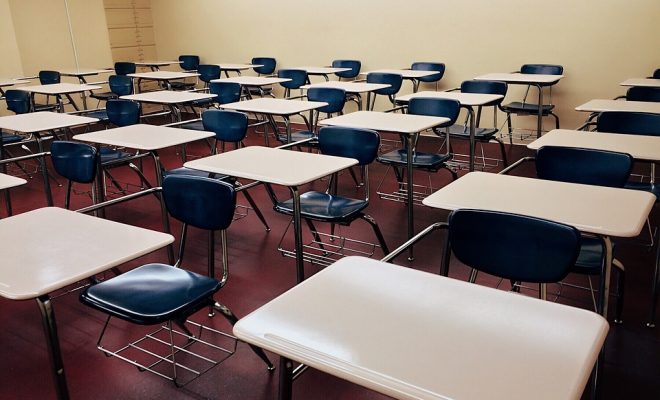Developing Literature Circles For Your Classroom
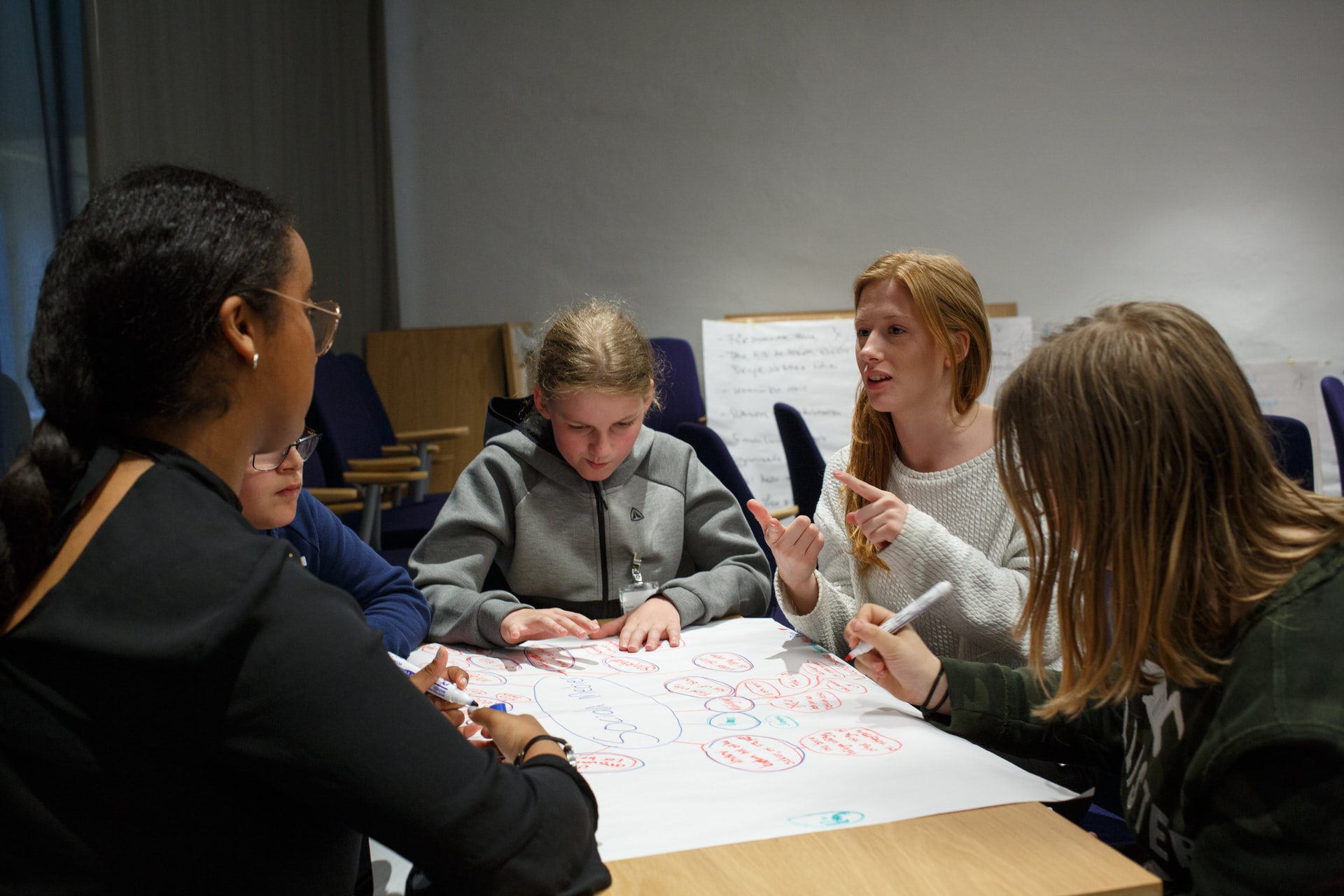
Groups of learners meet to read and discuss the book they have selected. They often create and assign particular roles within the group like summarizer or discussion director.
Literature circles can be your class’s best friend when it comes to fostering not only reading but talking about literature as well. A literature circle is when you put learners into small groups and have each group read a different text. Once the content is read, the learners who read the same text get together to discuss various facets of the content.
When you are constructing literature circles, there are several things that you need to figure out. One of the big questions is what texts should you use? The good news is you can really use any kind of content you would like, including:
- Poems
- Short stories
- Fictional novels
- Informational articles or novels
You can use any kind of content that you would like. You just want to be sure that there is some kind of connection between all of the texts. The common ground can be anything, including:
- The author
- A theme
- Symbols
- Figurative Language
- Making Connections
- Character Study
- Hero’s Journey
- Plot Development
By having a facet that is the same, you can create various types of literature circles. When you have various types of literature circles, you can focus your lessons on that “type”.
What Do I Teach When Using Literature Circles?
There are ideas you can teach while you are doing literature circles in your class. No matter what, you should always teach plot structure because comprehending and being able to recognize various points of the plot is good for comprehension. Teaching plot structure is essential for all prose literature; there are some specifics you can teach with each category.
If you are teaching a fictional text, it’s essential to talk about making connections. Making connections deepens the learners’ comprehension of the subject matter, and it may get them interested in reading the texts other groups are reading. This connection can be anything from the theme to the characters.
Another essential idea to teach when reading fictional texts as well as poetry is symbolism and figurative language. If you are focusing additional on informational texts, you can teach learners about the types of nonfiction and what the purpose for each one is.
How Do I Group My Learners?
When you have decided what texts you should use in your literature circles, you can begin focusing on grouping your learners together. There are several ways that you can group your learners. You can allow your learners to vote on what text they want to read. Another way is for you to assign learners based on personality types, interests, and ability.
How you decide to group your learners should depend on the personalities in your class. You should use your best judgment and regroup if needed for the next literature circle. An additional facet to believe about when constructing your groups is by meeting times.
When Should Learners Read?
What kind of content you read should depend on when you read. The best way to ensure learners are getting reading time is to set 10-15 minutes of time to the side to read each school day. If your learners can read longer than that, you can allow them to read for up to 25 minutes. Learners can also read when they complete an assignment early.
How Do I Assess Learners’ Work?
When we have learners read, we want them to comprehend the content as well as the literary concepts. It would be overwhelming to have reading questions for every chapter to assess their comprehension, so I would use quizzes throughout the content. The quizzes should be scheduled, so learners are motivated to meet their reading goals as well. A reading objective is how far they should have read by a certain date.
Another way to assess learners is by the literary ideas you are teaching. A group poster, or another form of assessment that shows the literary ideas in use can be a good way to assess your learners.
What If It Doesn’t Work?
If you use a literature circle in your class and it doesn’t provide chemistry within groupings, the text is the incorrect level, or learners not focusing, it’s okay. If your groupings don’t work, reassess the strategies you used and try a different plan. You should also reflect on all the reasons why the groups didn’t work and see what you can do to fix the problem. Another problem that may occur is using texts that are incompatible with the reading level of your learners. Reflection and reassessment is a good way to fix this issue. We may believe our learners are ready; they may be distracted by working in a group with peers. Explicit teaching on how to read and discuss literature can solve a lot of issues.
The Big Question: Why Select Literature Circles?
Literature circles are a good way to get learners reading together. When learners are reading in small groups, they take on a role within their group, which makes them additional likely to read. When we feel essential, we tend to do our best work. One reason literature circles are amazing is lesson planning. When you are using literature circles, there should be a central idea that each text used has. This lends itself to the teaching of literary devices, text structures, and more! By having your curriculum mapped out, learners can work on these skills in a smaller group, which leads to a deeper comprehension.
There are many ways to teach literature in your class. Literature circles create a deeper comprehension of not only a text but how to use literary devices to a reader’s advantage. You can help create readers by developing literature circles in your class today.

